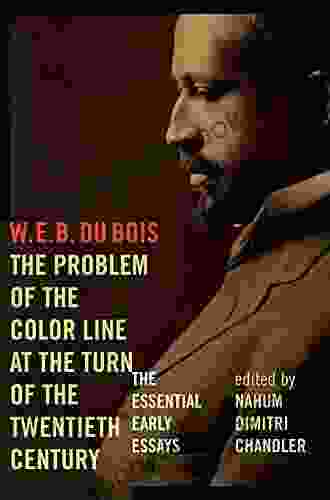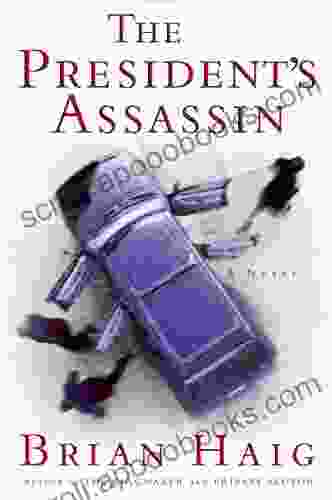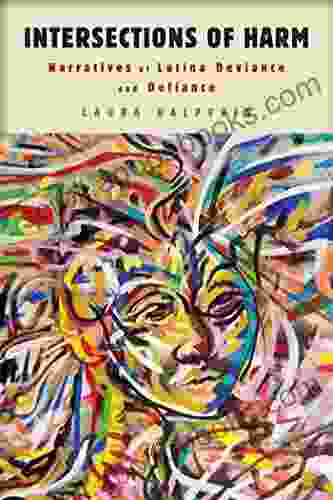"The Essential Early Essays of American Philosophy": A Window into the Intellectual Foundations of the United States

The United States, a nation steeped in a rich tapestry of ideas and beliefs, owes its intellectual heritage to a diverse array of philosophical currents. "The Essential Early Essays of American Philosophy" serves as an illuminating compendium of seminal writings that shaped the philosophical landscape of the nascent American republic.
5 out of 5
| Language | : | English |
| File size | : | 1386 KB |
| Text-to-Speech | : | Enabled |
| Enhanced typesetting | : | Enabled |
| Word Wise | : | Enabled |
| Print length | : | 385 pages |
| Lending | : | Enabled |
| Screen Reader | : | Supported |
This anthology, meticulously compiled and eruditely introduced by renowned philosopher and historian, Dr. Anya Bernstein, presents a panoramic view of the intellectual ferment that characterized the early years of the American experiment, providing readers with an invaluable resource to delve into the origins and evolution of American philosophical thought.
A Tapestry of Ideas: The Early American Philosophical Landscape
The essays featured in this remarkable volume span a wide range of philosophical inquiries, from the metaphysical speculations of Jonathan Edwards to the pragmatic insights of Benjamin Franklin and the political philosophy of Thomas Jefferson. Each essay is a testament to the intellectual vitality and diversity that marked the American philosophical landscape of the time.
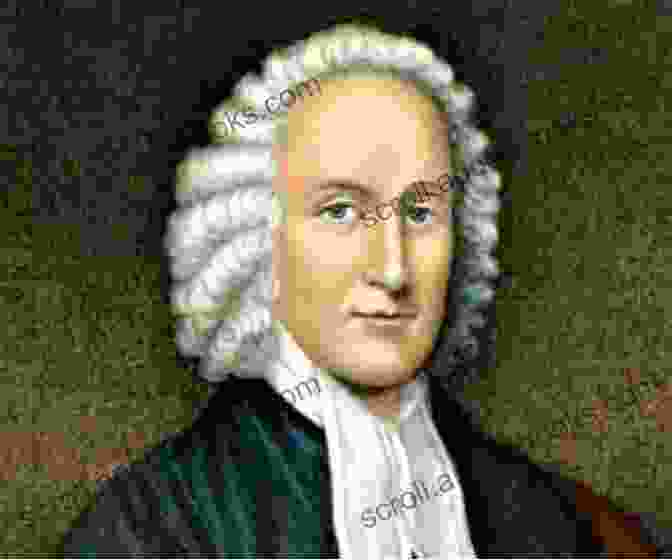
Jonathan Edwards, a towering figure in early American intellectual thought, grappled with profound questions of predestination and free will in his essay "Freedom of the Will." His rigorous philosophical arguments and theological reflections continue to resonate in contemporary debates on human agency and divine sovereignty.
Benjamin Franklin, a polymath and statesman of extraordinary stature, brings a pragmatic sensibility to the discussion of ethics and social philosophy in his essay "On the Moral Virtues." Franklin's emphasis on practical wisdom and civic virtue offers valuable insights into the formation of American values.
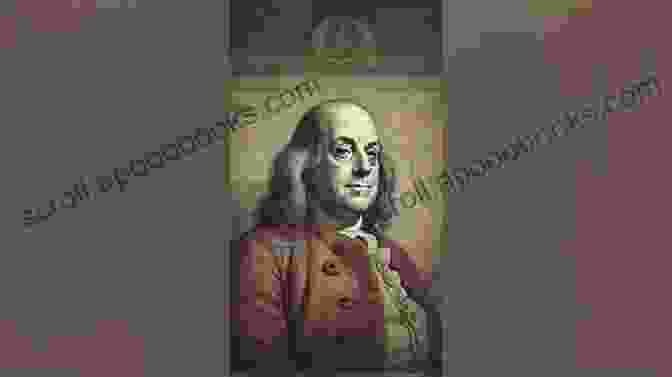
Thomas Jefferson, a quintessential American Enlightenment figure, articulates his vision for a democratic society in "Notes on the State of Virginia." Jefferson's eloquent prose and incisive analysis of human nature and government laid the philosophical foundations for the American Declaration of Independence.
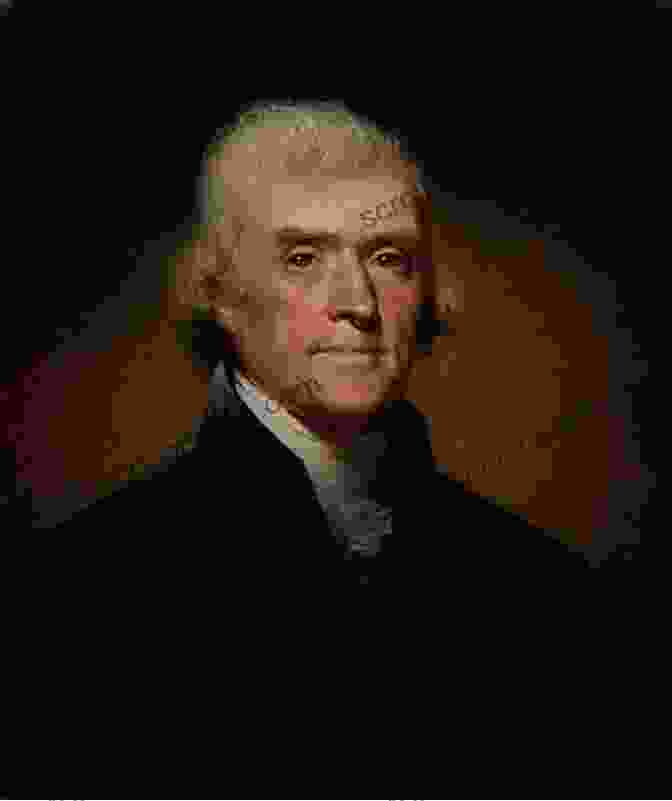
Transcendentalism and the American Spirit
Entering the 19th century, "The Essential Early Essays of American Philosophy" introduces readers to the transcendentalist movement, a uniquely American philosophical and literary current that celebrated intuition, individualism, and a profound connection with nature.
Ralph Waldo Emerson, the towering figure of transcendentalism, presents his influential essay "Self-Reliance." Emerson's call for nonconformity, self-trust, and communion with the natural world encapsulates the transcendentalist spirit and its lasting impact on American identity.
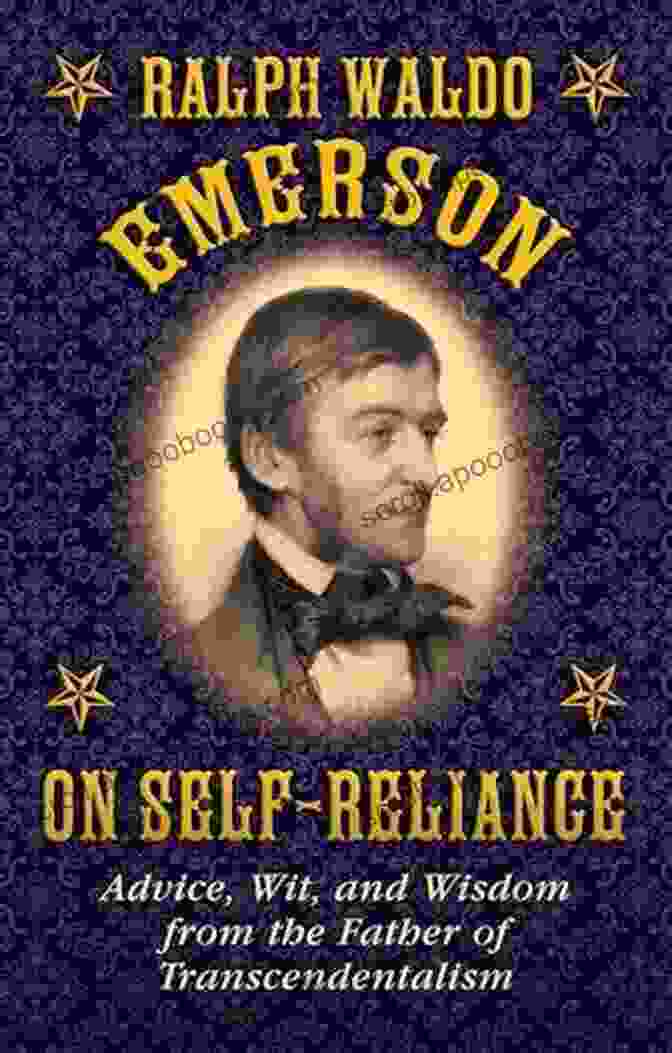
Henry David Thoreau, another prominent transcendentalist, offers a unique perspective on the relationship between humanity and the wilderness in his essay "Civil Disobedience." Thoreau's principled resistance to unjust laws and his advocacy for individual conscience resonate deeply in contemporary discussions of civil liberties and political activism.
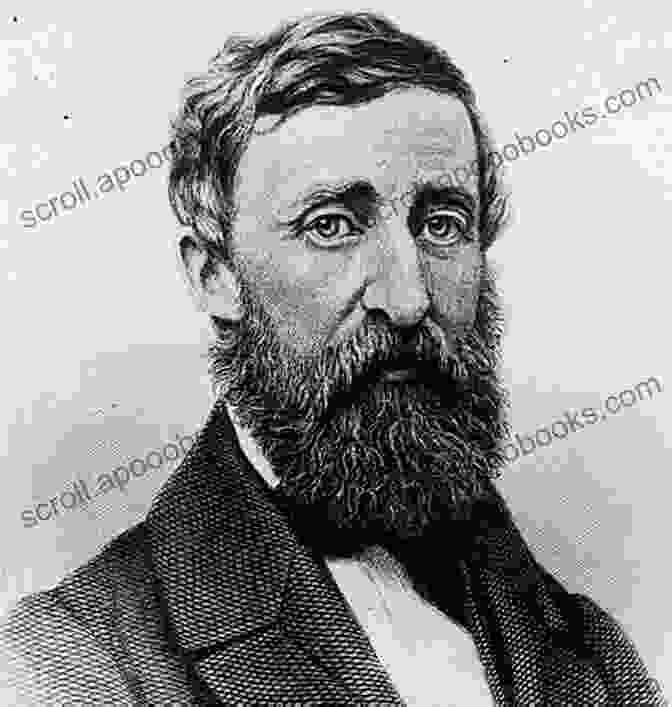
The Dawn of Pragmatism: A Uniquely American Philosophical School
The latter half of the 19th century witnessed the emergence of pragmatism, a distinctively American philosophical school that emphasized the practical consequences of ideas and the centrality of experience in human knowledge.
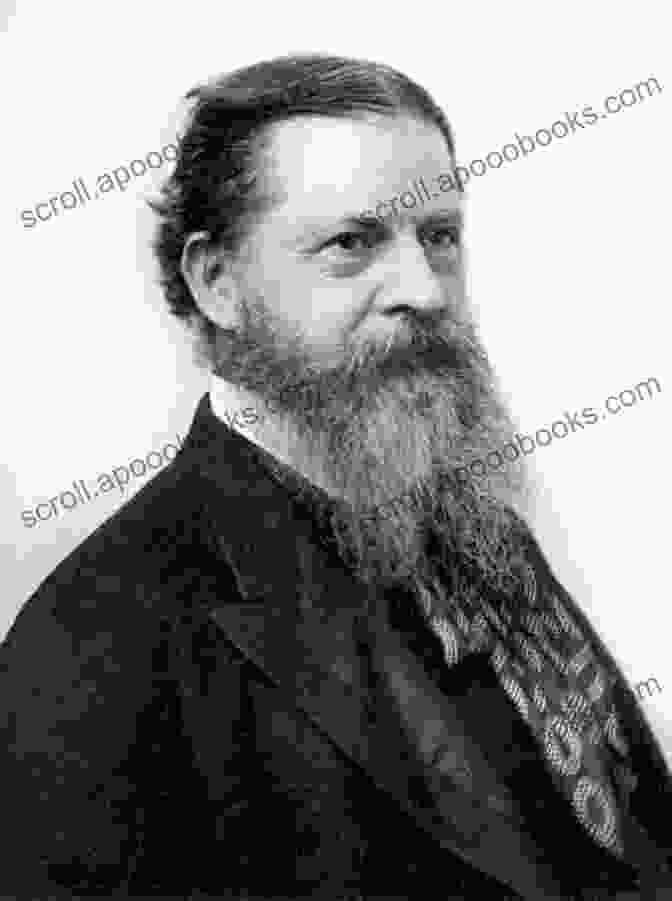
Charles Sanders Peirce, considered the father of pragmatism, sets forth the core principles of this philosophical approach in his essay "The Fixation of Belief." Peirce's rigorous analysis of the nature of belief and his emphasis on practical outcomes have profoundly influenced American intellectual thought.
William James, a multifaceted philosopher and psychologist, further developed the pragmatic tradition in his essay "Pragmatism's Conception of Truth." James's pragmatic theory of truth, which defines truth as that which works successfully in practice, has sparked ongoing debates about the nature of knowledge and reality.
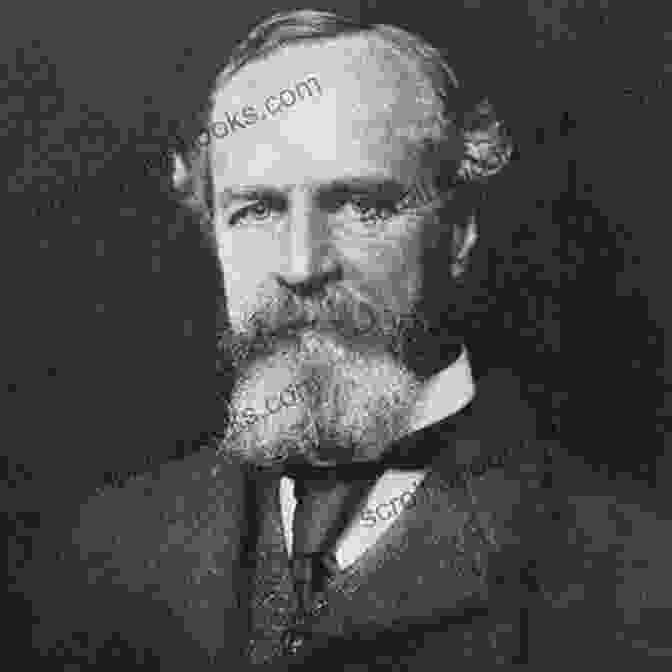
Rediscovering the Roots of American Philosophy
"The Essential Early Essays of American Philosophy" offers a profound journey into the intellectual origins of the United States, shedding light on the philosophical currents that have shaped its national character and its contributions to global thought.
By delving into these seminal essays, readers gain a deeper understanding of the complexities of American history, the evolution of its philosophical tradition, and the enduring relevance of these ideas to contemporary society.
Through its comprehensive collection of foundational texts and Dr. Bernstein's insightful commentary, "The Essential Early Essays of American Philosophy" serves as an indispensable resource for scholars, students, and general readers alike, providing a solid foundation for further exploration and appreciation of one of the most vibrant and influential philosophical traditions in the world.
5 out of 5
| Language | : | English |
| File size | : | 1386 KB |
| Text-to-Speech | : | Enabled |
| Enhanced typesetting | : | Enabled |
| Word Wise | : | Enabled |
| Print length | : | 385 pages |
| Lending | : | Enabled |
| Screen Reader | : | Supported |
Do you want to contribute by writing guest posts on this blog?
Please contact us and send us a resume of previous articles that you have written.
 Book
Book Novel
Novel Page
Page Chapter
Chapter Text
Text Story
Story Genre
Genre Reader
Reader Library
Library Paperback
Paperback E-book
E-book Magazine
Magazine Newspaper
Newspaper Paragraph
Paragraph Sentence
Sentence Bookmark
Bookmark Shelf
Shelf Glossary
Glossary Bibliography
Bibliography Foreword
Foreword Preface
Preface Synopsis
Synopsis Annotation
Annotation Footnote
Footnote Manuscript
Manuscript Scroll
Scroll Codex
Codex Tome
Tome Bestseller
Bestseller Classics
Classics Library card
Library card Narrative
Narrative Biography
Biography Autobiography
Autobiography Memoir
Memoir Reference
Reference Encyclopedia
Encyclopedia Bill Minutaglio
Bill Minutaglio Beverly Crider
Beverly Crider Blake Stevens
Blake Stevens Bobbie Faulkner
Bobbie Faulkner Kathleen Duey
Kathleen Duey Brent R Crandal
Brent R Crandal Winston Groom
Winston Groom Brian R Salisbury
Brian R Salisbury Katherine Neville
Katherine Neville Dr Jeannine Mizingou
Dr Jeannine Mizingou Blake Arthur Peel
Blake Arthur Peel Jeremy Black
Jeremy Black Irulan Romay
Irulan Romay Bill O Reilly
Bill O Reilly Brian Holmes
Brian Holmes Bliss Perry
Bliss Perry Brenna Yovanoff
Brenna Yovanoff Bob Carruthers
Bob Carruthers Betty Reid Mandell
Betty Reid Mandell Torkom Saraydarian
Torkom Saraydarian
Light bulbAdvertise smarter! Our strategic ad space ensures maximum exposure. Reserve your spot today!
 Walter SimmonsFollow ·15k
Walter SimmonsFollow ·15k Braeden HayesFollow ·12.4k
Braeden HayesFollow ·12.4k Mark TwainFollow ·12.6k
Mark TwainFollow ·12.6k Earl WilliamsFollow ·17.7k
Earl WilliamsFollow ·17.7k Jamie BlairFollow ·12.7k
Jamie BlairFollow ·12.7k Fernando BellFollow ·15.3k
Fernando BellFollow ·15.3k Jesus MitchellFollow ·17.1k
Jesus MitchellFollow ·17.1k Don ColemanFollow ·4.7k
Don ColemanFollow ·4.7k
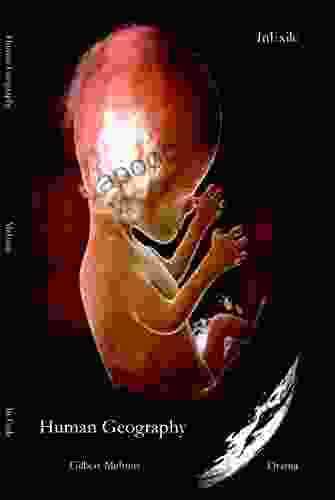
 Corey Green
Corey GreenHuman Geography: A Concise Introduction by Gilbert...
A Journey into the Dynamic Realm of...
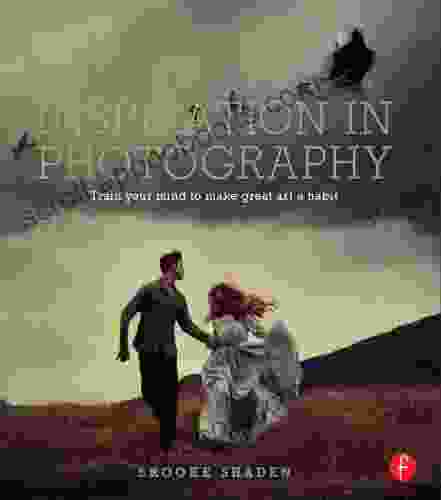
 Julian Powell
Julian PowellTrain Your Mind to Make Great Art a Habit
Do you dream of...

 Matthew Ward
Matthew WardSmall Town Romance: Heart Compass
Escape to Willow Creek, Where...
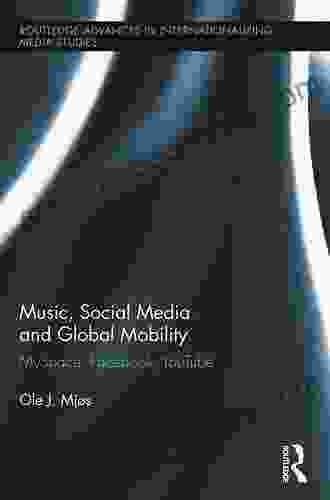
 Neil Parker
Neil ParkerMusic, Social Media, and Global Mobility: Exploring...
: The Convergence of Music, Media, and...
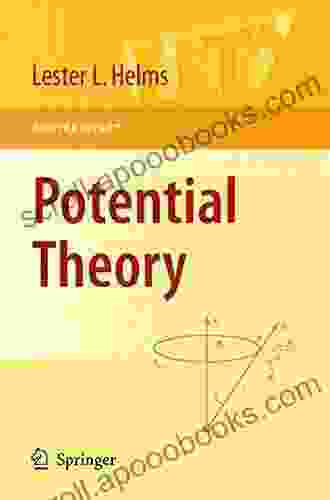
 Seth Hayes
Seth HayesUnlock the Potential of Potential Theory with Brooke...
Embark on an...
5 out of 5
| Language | : | English |
| File size | : | 1386 KB |
| Text-to-Speech | : | Enabled |
| Enhanced typesetting | : | Enabled |
| Word Wise | : | Enabled |
| Print length | : | 385 pages |
| Lending | : | Enabled |
| Screen Reader | : | Supported |


